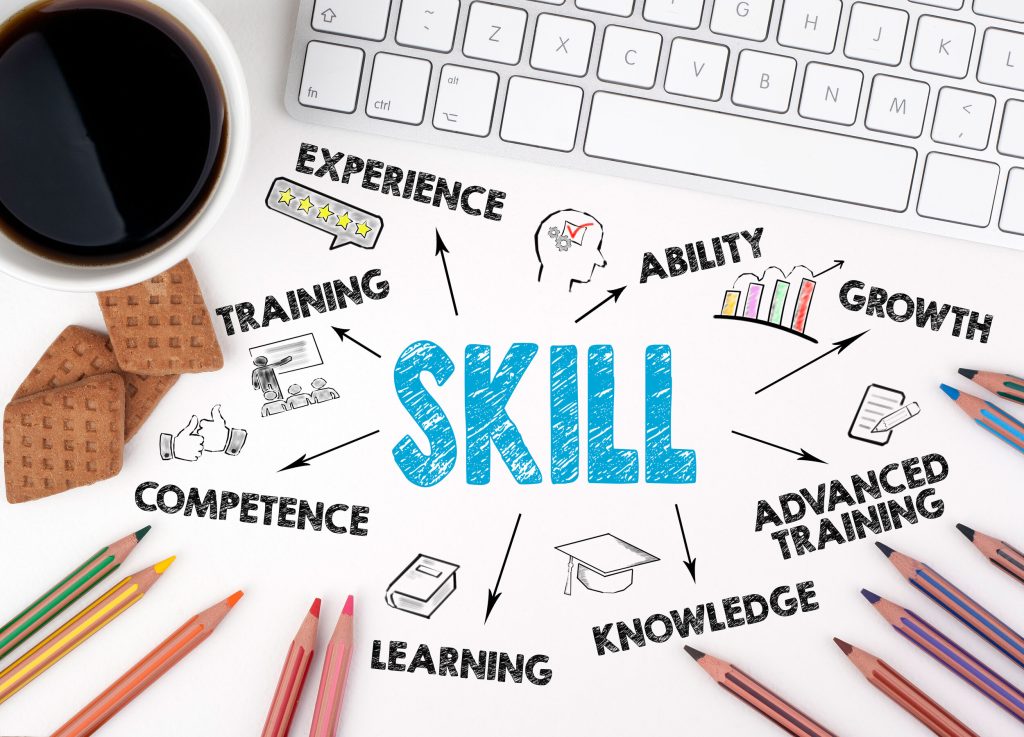In the hustle of daily work, it’s easy to get caught up in the immediate tasks at hand. But for those of us in the middle of our careers, it’s worth taking a step back to think about the bigger picture. Where do you really want to be in five, ten, or even twenty years? Strategic career planning isn’t just about climbing the ladder—it’s about making thoughtful choices that align with who you are and where you want to go.
Why Career Planning and Goal Setting Matter
If you’re in your mid-career, you’ve likely built a solid foundation in your field. But now comes the tricky part—deciding how to leverage your experience to create a career that’s not just successful, but fulfilling. Career planning is your roadmap. It’s about setting long-term goals that give your work purpose and direction.
In Vietnam’s fast-evolving job market, especially with the boom in tech and finance sectors, planning isn’t just a good idea—it’s essential. Whether you’re looking to move up within your current company, pivot to a new industry, or start something entirely your own, having a strategic plan helps you stay focused and proactive rather than reactive.
For instance, if you’re working in manufacturing and see the industry shifting towards automation and AI, it might be time to set a goal to learn new skills in these areas. By anticipating changes and preparing for them, you position yourself not just to survive, but to thrive.

Crafting Your Strategic Career Plan
So, how do you actually create this plan? It doesn’t have to be complicated, but it does require some introspection and research.
- Self-Assessment: Start by looking inward. What are your strengths? What energizes you? What are your values? In a country like Vietnam, where family and community often play a significant role in career decisions, it’s important to consider how your personal values align with your professional aspirations. Maybe you’re drawn to roles that offer work-life balance because you value time with family.
- Explore the Market: Look around. What’s happening in your industry? What skills are becoming more valuable? For example, with Vietnam’s tech sector expanding rapidly, understanding where you fit in this landscape is crucial. Networking can also open doors you didn’t even know existed—so don’t hesitate to reach out and connect with others in your field.
- Set Clear Goals: Now that you know what you want and what the market needs, it’s time to set some goals. But don’t just think about the next promotion. Consider where you want to be in the long term. For example, if your dream is to move into a leadership role, set a goal to develop those skills now, whether through formal education or by taking on leadership opportunities in your current job.
- Make a Plan: Break your big goals into smaller, manageable steps. If you want to transition into a new industry, what skills do you need to develop? What projects can you take on now to start building that experience? For example, if you’re eyeing a shift to tech, maybe start by taking some coding classes or leading a tech-focused project at work.
- Seek Guidance: Don’t go it alone. Find a mentor who’s been where you want to go. In Vietnam, where relationships are key, having someone who can offer advice, share experiences, and open doors can be incredibly valuable.

Staying on Track and Adjusting as You Go
Here’s the thing—no plan is set in stone. Life happens, industries change, and sometimes your goals need to shift. That’s okay. What’s important is that you regularly check in with yourself and your plan. Are you making progress? Do your goals still make sense?
Maybe you set out to become a department head, but halfway through, you realize you’re more passionate about another area. That’s fine! Adjust your plan, set new goals, and keep moving forward.
In Vietnam, where the economic landscape can change rapidly, staying adaptable is key. If your industry takes a hit, or if new opportunities arise in another sector, being ready to pivot can make all the difference in maintaining a successful and fulfilling career.

Final Thoughts
Strategic career planning isn’t just about where you want to end up—it’s about enjoying the journey and making sure each step you take is leading you in the right direction. By setting clear goals, making a thoughtful plan, and staying flexible, you can build a career that’s not only successful but truly satisfying. And in a country as dynamic as Vietnam, having a plan means you’re not just keeping up with the changes—you’re staying ahead of them.

Career Counseling Writer, PeopleWise Vietnam.
Tuan Anh stands out as a trailblazing figure in the realm of career professionals in Vietnam, with a career spanning multiple domains and authorship of five best-selling books on topics related to career and personal development. He desires to bring his expertise and share it to help individuals navigate professional journey and fulfill potential.

